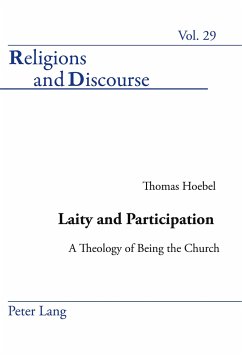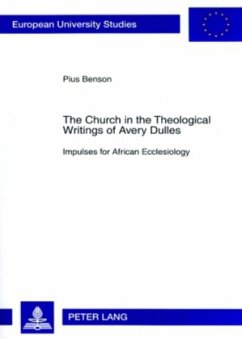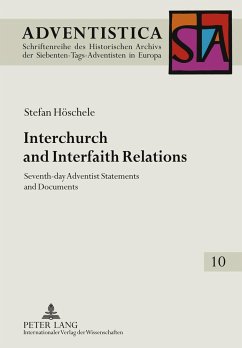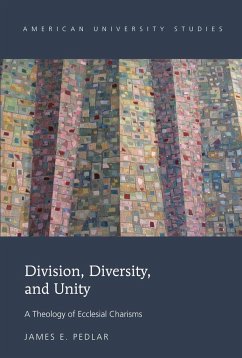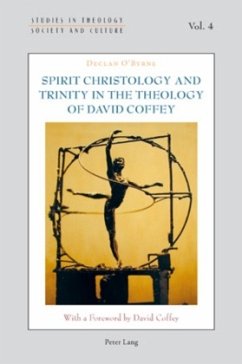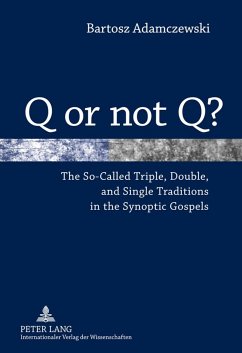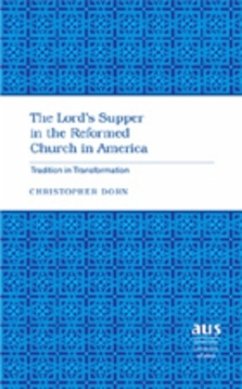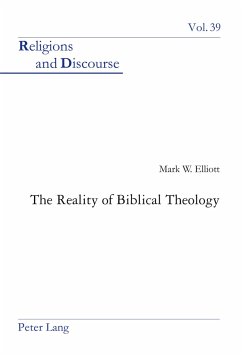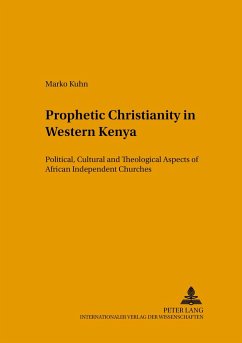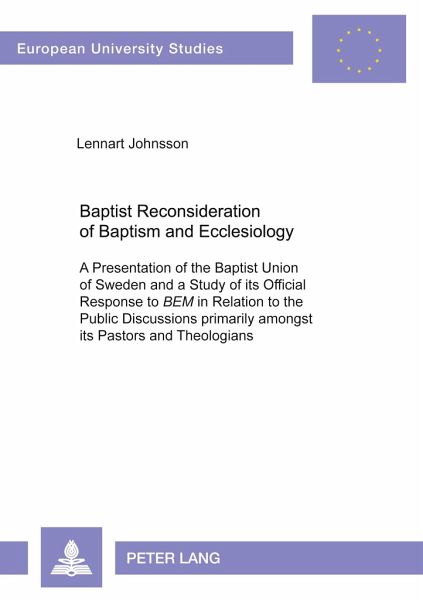
Baptist Reconsideration of Baptism and Ecclesiology
A Presentation of the Baptist Union of Sweden and a Study of its Official Response to "BEM" in Relation to the Public Discussions primarily amongst its Pastors and Theologians
Versandkostenfrei!
Versandfertig in 6-10 Tagen
101,95 €
inkl. MwSt.

PAYBACK Punkte
0 °P sammeln!
The twentieth century may be said to have been the century of ecumenism, a striving worldwide to realize church unity at different levels. It has frequently been asserted that one condition for reaching visible Church unity is that there should be basic agreement on baptism, eucharist and ministry. These three topics are dealt with in the Lima-document or BEM (1982). In the present study the sections of the latter that concern baptism are analyzed and also contextualized through a closer study of one of the responses to BEM, the official response of the Baptist Union of Sweden. This response g...
The twentieth century may be said to have been the century of ecumenism, a striving worldwide to realize church unity at different levels. It has frequently been asserted that one condition for reaching visible Church unity is that there should be basic agreement on baptism, eucharist and ministry. These three topics are dealt with in the Lima-document or BEM (1982). In the present study the sections of the latter that concern baptism are analyzed and also contextualized through a closer study of one of the responses to BEM, the official response of the Baptist Union of Sweden. This response gives a more traditional, closed Baptist opinion: baptism cannot be the basis of the church unity sought by BEM. The author shows here, however, that fundamental Baptist principles are being reconsidered, indicating considerable diversity within the Baptist Union concerning these questions. On the local level there are many ecumenical strivings, concretized in ecumenical congregations where different theologies and practices meet. This has opened up possibilities of church unity on the basis of both types of baptism (infant baptism and believers' baptism), and also membership on the basis of faith alone. By comparing official documents with public expressions of unofficial opinion, this study shows that the reality is more complex and ambiguous than is apparent in official documents. This book could be of interest because of its application of new methods to the study of »reception». To help an international readership, a historical presentation of the Baptist Union of Sweden introduces this study.





